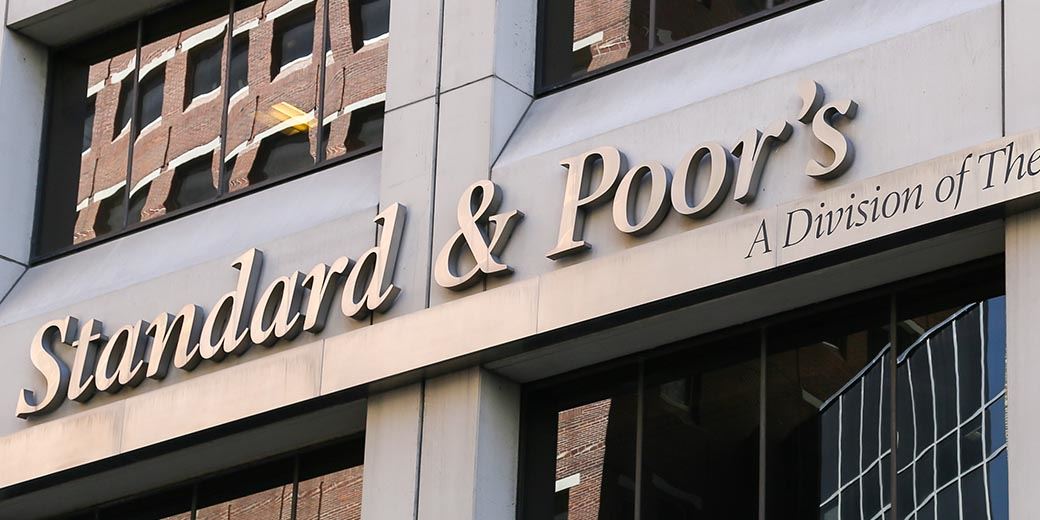Three-quarters of SA equity funds lagged key S&P index in 2021

Just 26% of South African general equity funds outperformed the S&P South Africa 50 index in 2021.
S&P Global disclosed that fact in the latest S&P Indices Versus Active (Spiva) scorecard for the South African unit trust industry.
Andrew Innes (pictured below), S&P head for Europe, the Middle East, and Africa research, said this index was harder to beat over longer periods. Over five and 10 years, just 5% of funds have outperformed the Top 50 index.
Over the five years to February 2022, the performance of the CoreShares S&P SA 50 unit trust, which tracks the S&P South Africa 50 index, ranked was 12th of 159 funds with an annualised 13.3% return, according to Morningstar.
But Innes conceded that local active equity funds had performed better against the most popular local equity benchmark, the Capped Shareholder Weighted index (Capped Swix). In 2021, 53% of active general equity funds outperformed the Capped Swix, though only 27% did so over 10 years.
Innes said South African equity funds underperformed the S&P South Africa 50 index on an asset-weighted basis by 1.7% over one year, and the underperformance was an annualised 2.7% over 10 years.
He said that asset weighting is more accurate than calculating the average on an equally-weighted basis.
‘Each fund’s return is weighted by net assets, reflecting that a R100bn fund has a larger impact than a R100m fund.’
Andrew Cairns, S&P’s associate director of global research, said active fund managers outperformed the Capped Swix by 2.6% over one year and an annualised 1.2% a year over five years on an asset-weighted basis.
However, over 10 years, active fund managers underperformed the Capped Swix by a 0.3% annualised.
Cairns said that just 11% of global equity funds available in South Africa outperformed the S&P Global 1200 index, and that was 0.3% behind over 10 years.
He said that not a single fund in the top quartile of the global equity category outperformed the S&P Global 1200. Moreover, the average fund was a substantial 2.6% a year behind this index over 10 years.
Short-term interest-bearing funds did better as 86% of these funds outperformed the Stefi index in 2021, and over 75% outperformed that index over 10 years.
Variable-term interest-bearing funds were not as successful as 33% failed to beat the S&P South Africa Sovereign Bond 1+ Year index. Over 10 years, just 30% of bond funds beat this index.
Cairns said that the Spiva scorecard avoided double-counting multiple share classes as it uses only the share classes with the most assets. In addition, it avoids index, leveraged and inverse funds, along with other index-linked products, as Spiva is meant to be a scorecard of active managers only.

